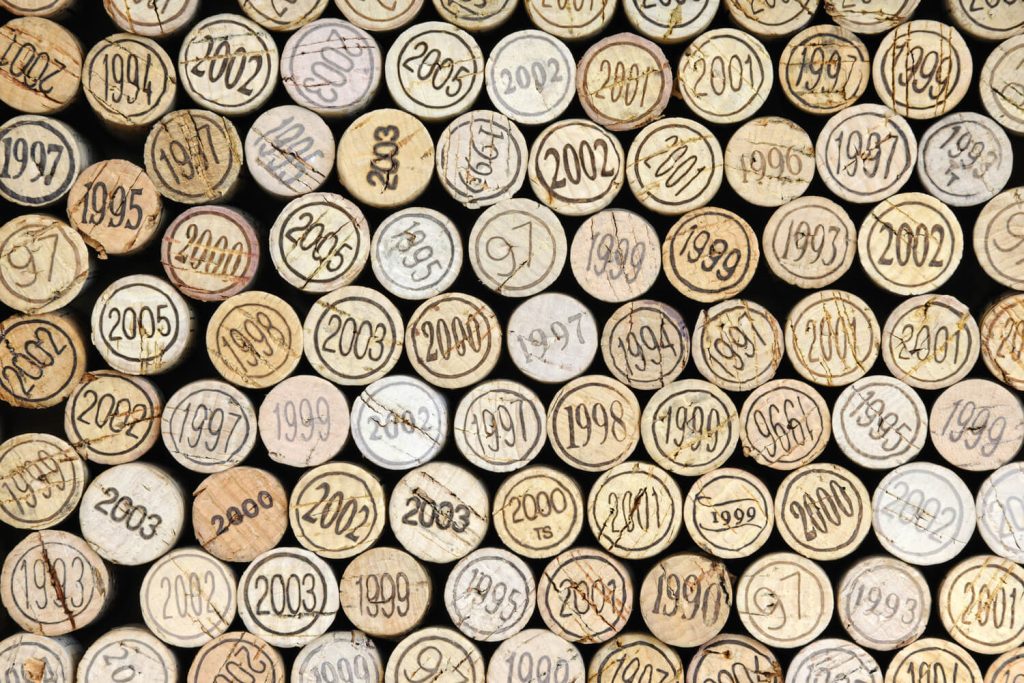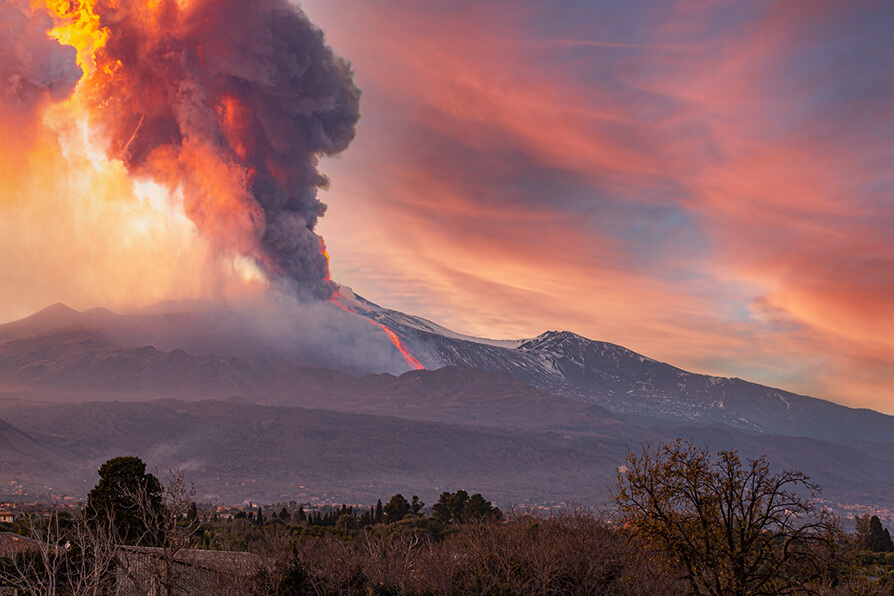Three new MWs have been announced by the Institute of Masters of Wine, bringing the global total to 419. In a post last week, the IMW officially congratulated New Zealand’s Michael Henley and the UK’s Siobhan Turner and Claire Blackler. All three have been inaugurated into the world’s premier group of wine connoisseurs. But what exactly does it take to put those famous initials after your name? How is the process examined and what is its history? At Vinaty, we’ll tell you all you need to know.
The first stage of the Master of Wine involves a five-day residential seminar, four non-residential course days and six pieces of coursework. This culminates in the Stage One Assessment, based in San Francisco, Adelaide or London. Stage Two is even more challenging, with a theory examination and a blind taste test on “variety, origin, commercial appeal, winemaking, quality and style”. The final stage is a ten-thousand-word research project; those new MWs studied topics as varied as climate change and video wine-tastings. The total cost of studies depends on where you come from, but hovers around £20,000, including a non-refundable £200 application fee. A range of scholarships is available on the IMW website.
The MW examinations have a reputation for formidable difficulty. For a start, the course as a whole takes three years to complete. Many candidates fail the taste tests on their first or second attempt, though it’s three strikes and you’re out. The examinations were originally arranged by Britain’s Worshipful Company of Vintners, beginning two years prior to the foundation of the IMW in 1955. It was, and to a certain extent remains, a British affair, with some of the finest UK journalists boasting of the initials. This includes Jancis Robinson, who this week sold her internet domain to Recurrent Ventures, a US-based media company.
MWs aren’t evenly distributed across the globe, nor are they found in what might traditionally be considered the finest wine-producing countries. Italy gained its first MW as recently as February this year; add them to the number in France and you get only 28. This looks set to change, however, and Mediterranean readers will have to act soon if they want to stay ahead of the curve. They can find out more on the IMW website, where applications will reopen in May 2022. In the meantime, like the rest of us, they’ll have to be content with congratulating the three most recent graduates.



